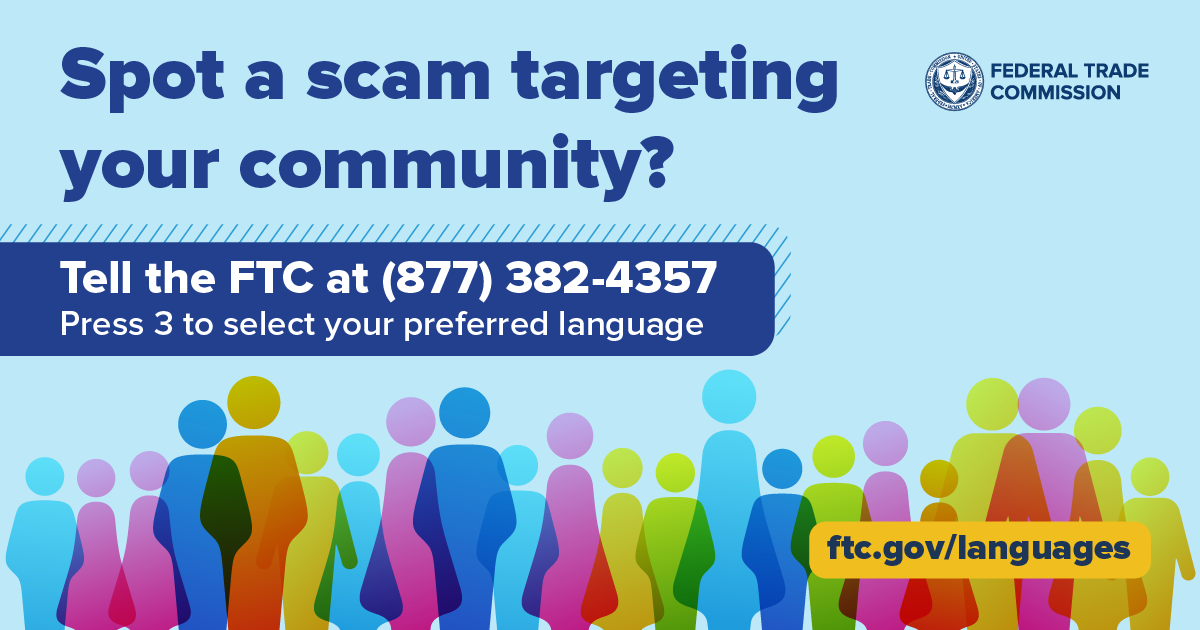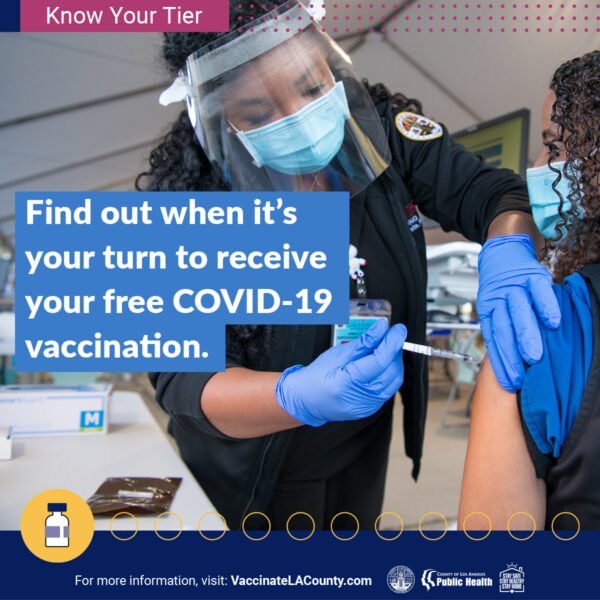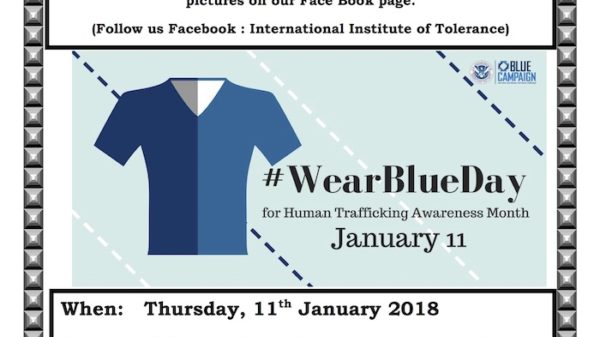The Federal Trade Commission (FTC) recently announced a breakthrough in language access to better reach consumers impacted by fraud. The initiative aims to address the fact that scammers often target individuals who speak languages other than English or Spanish. The FTC now accepts reports in multiple languages, ranging from Arabic to Vietnamese, Mandarin, Korean, Somali, Tagalog, Russian, Polish, Portuguese, and more. This expanded language access is expected to provide consumer fraud experts with a clearer understanding of scams affecting specific language groups.
Ethnic Media Services (EMS) hosted a briefing led by Monica Vaca, Deputy Director of the Bureau of Consumer Protection at the FTC, and Larissa Bungo, Senior Attorney from the Division of Consumer & Business Education. Vaca expressed gratitude for the community’s collaboration in spreading awareness of the FTC’s efforts to combat fraud, deception, and unfair business practices.
Vaca emphasized that, while the FTC has long accepted reports in English and Spanish, there were limitations in understanding scams reported in other languages. The newly introduced language access enhancements to the FTC’s call center and Consumer Sentinel Network aim to overcome this limitation. These enhancements will enable individuals to report fraud and identity theft in their native languages, providing them with more comfortable avenues to seek assistance.
The language access initiative is expected to serve diverse communities more effectively, ensuring that individuals comfortable speaking languages other than English or Spanish can report scams in their preferred language. Vaca highlighted the importance of community collaboration in spreading awareness about the FTC’s multilingual services.
The new reporting system allows individuals to submit reports through the FTC call center, selecting their preferred language and speaking with an interpreter. After reporting a scam, individuals will receive guidance in their native language on the next steps to take, particularly crucial for those seeking to recover lost money quickly.
Vaca emphasized the significance of these reports, not only for individual assistance but also for the FTC’s broader efforts. Reports contribute to the Consumer Sentinel Network, helping the FTC understand how scammers target diverse communities. This information enables the issuance of consumer alerts, warning communities about specific scams and facilitating law enforcement efforts to investigate and stop fraudulent activities.
Vaca cited a recent case where the FTC took action against a company that targeted Spanish-speaking consumers with deceptive money-making schemes. The case underscores the importance of language-specific reporting in identifying and addressing scams that may otherwise go unnoticed.
She concluded that the FTC’s language access initiative represents a significant step forward in combating fraud by ensuring that individuals from various language backgrounds can report scams effectively. The initiative not only aids individuals in their pursuit of justice but also contributes to the FTC’s broader mission of protecting consumers and educating the public about potential scams.
Larissa Bungo, Senior Attorney from the Division of Consumer & Business Education at the Federal Trade Commission (FTC), emphasized the crucial role of awareness in combating scams and fraud, acknowledging that effective reporting starts with knowing where and what to report.
She highlighted the FTC’s commitment to expanding resources in multiple languages, both online and in print, accessible at ftc.gov/languages. These resources, available in 12 languages including Amharic, Arabic, Chinese, French, Korean, Russian, Somali, Spanish, Tagalog, Ukrainian, and Vietnamese, offer practical guidance on how to spot, avoid, and report scams and bad business practices.
Bungo detailed some of the key resources, such as “How to Avoid a Scam,” which includes warning signs and steps to take if one has fallen victim to a scam. She also mentioned a fraud handbook for recent immigrants and refugees, focusing on common scams targeting newcomers to the United States.
To further aid in dissemination, Bungo encouraged the audience to use shareable graphics available in each language on social media, tagging @FTC or @LAFTC to amplify the message. These graphics emphasize important scam-related information, such as avoiding payment by gift card, cryptocurrency, or wire transfer.
Additionally, Bungo highlighted the availability of print resources that can be ordered at ftc.gov/bulkorder, including publications in English, Spanish, simplified Chinese, Korean, and Vietnamese. These materials aim to empower communities to identify and report scams effectively.
In closing, Bungo thanked the attendees for their support in promoting the FTC’s multilingual resources and reporting capabilities. She reiterated the importance of community collaboration in spreading awareness about scams, emphasizing that together, they can protect communities from falling victim to fraudulent activities.
The briefing then transitioned to Jongwon Lee, who shared a poignant real-life story illustrating the challenges faced by immigrants in understanding complex financial matters and reporting scams due to language barriers. Lee emphasized the impact of language access in empowering individuals to report crimes without fear, providing them with confidence and encouragement.
Lee expressed his gratitude for the FTC’s efforts in language access, believing that it demonstrates the government’s commitment to assisting vulnerable populations. He concluded by thanking the FTC for taking decisive action to address language barriers and making a positive impact on immigrant communities.
#FTCProtection #LanguageBarrierBreakthrough #FraudPrevention #ConsumerEmpowerment #MultilingualReporting #ScamAwareness #GlobalSecurity #LanguageAccess #FTCAlerts #EmpowerAgainstFraud









